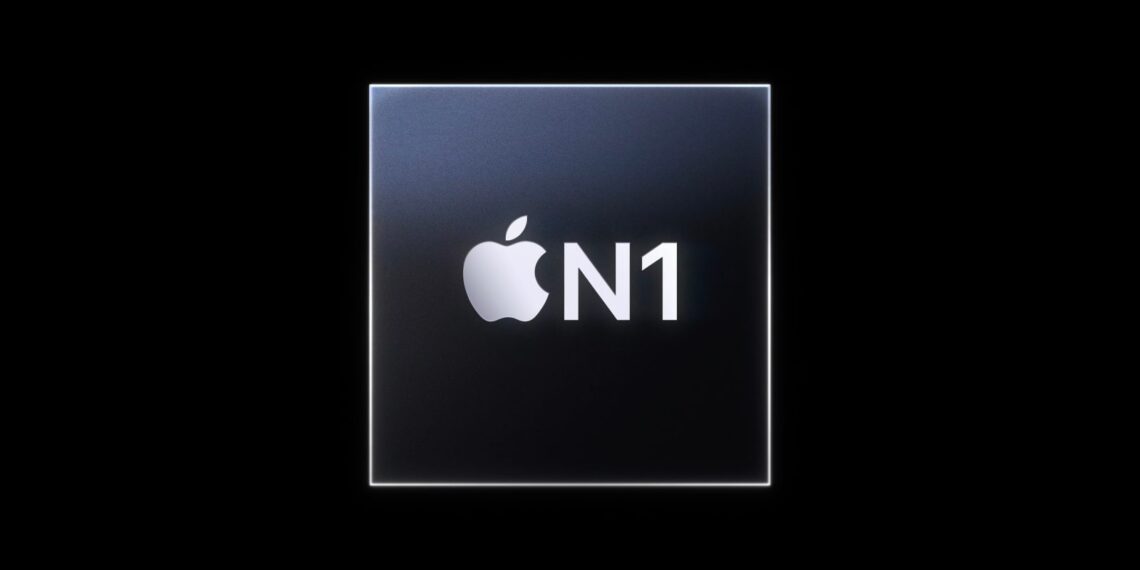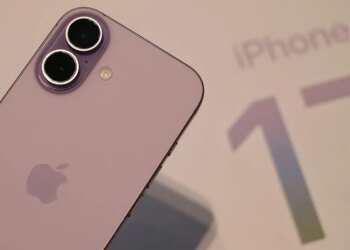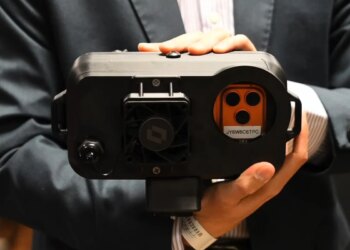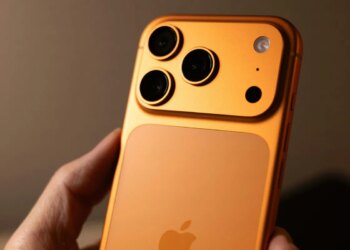Select Language:
Apple’s latest iPhone 17 series, including the iPhone Air, features a newly developed N1 wireless networking chip. In a recent interview with CNBC, the company highlighted the N1’s specialized capabilities, providing a deeper insight into its advantages.
The N1 chip powers key wireless technologies like Wi-Fi 7, Bluetooth 6, and Thread, marking a significant move by Apple to internally design and control essential components for connectivity. Similar to how Apple’s C1 and C1X modems handle 5G, the N1 represents a substantial step towards vertically integrating silicon components within its devices.
With the launch of the iPhone 17 lineup, Apple emphasized that the N1 enhances the performance and stability of wireless features such as Personal Hotspot and AirDrop. These improvements are crucial for smoother user experiences, especially when sharing data or connecting to networks.
Apple’s senior executives explained that the N1 chip enables more efficient power management and background processing. For instance, the integration allows the device to track location more accurately while maintaining low power consumption, leveraging Wi-Fi access points and other wireless signals without heavily relying on GPS.
The N1 also contributes to better battery life — a priority for the iPhone Air, but one that benefits the entire lineup, including the Pro models. It is believed that this chip will soon be integrated into upcoming Apple Home devices, promising even more enhanced functionalities.
Although the N1 is still relatively new, early indications suggest it could dramatically influence the future of wireless technology in Apple’s ecosystem. Users are encouraged to share their experiences regarding connectivity improvements or issues related to N1 in the comments.







